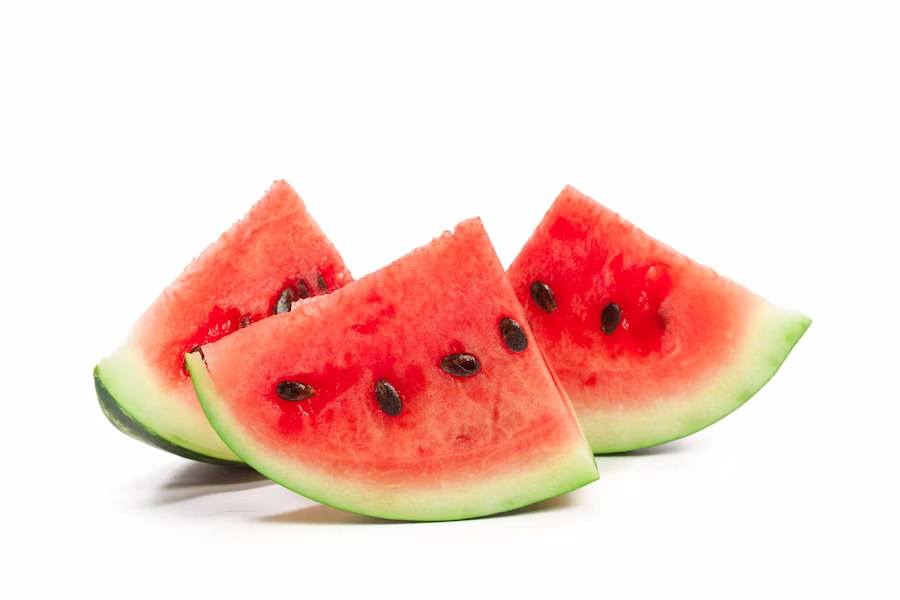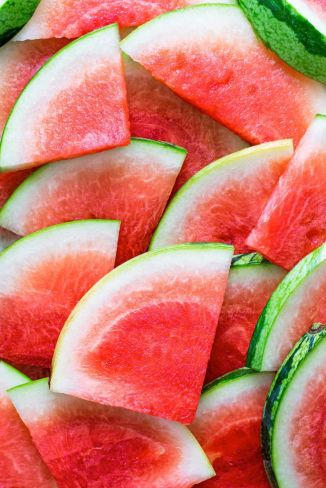
It is known that many fruits and vegetables that are grown today are hybrids, crossed or halachically termed as kilayim, some of them prohibited from the Torah. Modern agriculture has found that many plants grow better when a viable branch is grafted on a base from another species.
This is true of almost all fruits. Almost all of the fruit trees sold in nurseries today are halachically prohibited hybrids. For example, an apricot tree may be grafted onto an almond base. Religious researchers have found that sometimes one can achieve good results using a base from the same species, which is permitted.
This is also a problem with some non-trees such as watermelon.
In recent years, many attempts have been made to research and create permissible hybrids (from the same species). Unfortunately, it is only regarding orla and related issues the farmer and marketer know that the produce will not be bought without a reliable supervision. However, the public awareness of the prohibition of kilayim is very low and accordingly, the motivation of the branches of agriculture to promote kosher produce of this kind is also low.
It is noteworthy that at a recently seminar organized by the Beit Medrash leHalocha BeHityashvut a few months ago which dealt with this subject and its prevalence today, the participating renowned Torah scholars were shocked to hear of the situation as it prevails today and that a long list of fruits and vegetables being consumed and grown are actually forbidden hybrids.

Many experiments have been made these past months with species of quality watermelons in order to develop seedlings that are not kilayim. The prevalent species grown in Israel is mainly of a prohibited crossing.
Laboratory researchers report, however, of a new product with excellent features comparable with the presently marketed watermelons, if not superior to them. At this stage, they wish to begin growing them for actual widespread sale.
This week, 200 seedlings are being planted in large areas throughout the country. The researchers will monitor their growth up until their harvest. Hopefully, the end product will compete with the present standards and protocols. Hopefully as well, the market will be able to gradually swing to kosher watermelons for the entire country.
Many months of research were preceded in laboratories, together with researchers from the Agricultural Ministry and the Vulcani Institute in order to adapt the new permissible seedlings to the Israeli and international agricultural protocol which sets up many requirements and demands much adaptation.
The initiative and living force of this research and all it includes regarding disseminating the findings among all the different researchers and their governing bodies is Rabbi Ariel Fuchs. This is only once facet of his blessed activities in preventing kilayim in fruits and vegetables, to which end he maintains an exclusive greenhouse in Kiryat Yearim which is totally without forbidden agricultural produce.




